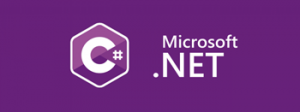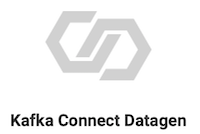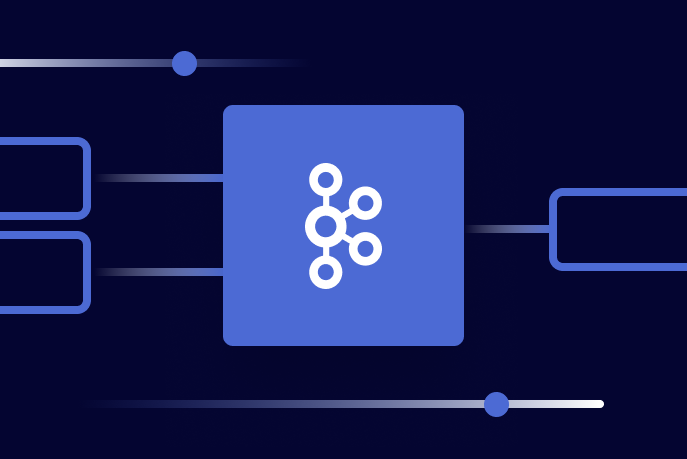Ahorra un 25 % (o incluso más) en tus costes de Kafka | Acepta el reto del ahorro con Kafka de Confluent
12 Programming Languages Walk into a Kafka Cluster…
When it was first created, Apache Kafka® had a client API for just Scala and Java. Since then, the Kafka client API has been developed for many other programming languages which enables you to pick the language you want. This freedom of choice ultimately allows you to build an event streaming platform with the language best suited to your business needs.
At Confluent, we have an engineering team dedicated to the development of these Kafka clients. They are constantly adding new features, running functionality, scalability and soak tests, and testing interoperability against different Kafka versions. They make these clients more robust so that you can confidently deploy them in production. Over time Confluent Platform has started providing Kafka clients for the most popular languages, including:
- C/C++
- Go
- Java
- .NET
- Python
- Scala
The open source community also offers Kafka client functionality in an extensive ecosystem of additional programming languages, including:
- Erlang
- Groovy
- Haskell
- Kotlin
- Lua
- Node.js
- OCaml
- PHP
- Ruby
- Rust
- Tcl
- Swift
- …and others…
Many of these extensions are built on the C client library for the Kafka protocol called librdkafka, which is itself maintained and supported by Confluent and recently reached v1.0.0. As a result, you can write Kafka client applications in pretty much any language of your choosing. You can run them with an on-prem cluster, or you can use the fully managed services in Confluent Cloud.
Over the past few weeks, we tweeted 12 tech tips, each of which showcased a different language along with a simple example of how to write a producer and consumer to Confluent Cloud. Those examples, plus others, are available to run in GitHub at confluentinc/examples, and we have compiled a list of them below for reference:
 |
 |
 |
 |
 |
 |
 |
 |
 |
 |
 |
 |
 |
 |
 |
 |
We hope this helps you get started with Kafka. If you have any questions or feedback, please don’t hesitate to reach out to us on Slack—there’s a #clients channel, too!
Interested in more?
To learn more, check out Confluent Cloud—a fully managed event streaming service based on Apache Kafka, and listen to the Streaming Audio podcast with Magnus Edenhill on librdkafka 1.0.
¿Te ha gustado esta publicación? Compártela ahora
Suscríbete al blog de Confluent
How a Tier‑1 Bank Tuned Apache Kafka® for Ultra‑Low‑Latency Trading
A global investment bank and Confluent used Apache Kafka to deliver sub-5ms p99 end-to-end latency with strict durability. Through disciplined architecture, monitoring, and tuning, they scaled from 100k to 1.6M msgs/s (<5KB), preserving order and transparent tail latency.
How to Build a Custom Kafka Connector – A Comprehensive Guide
Learn how to build a custom Kafka connector, which is an essential skill for anyone working with Apache Kafka® in real-time data streaming environments with a wide variety of data sources and sinks.

